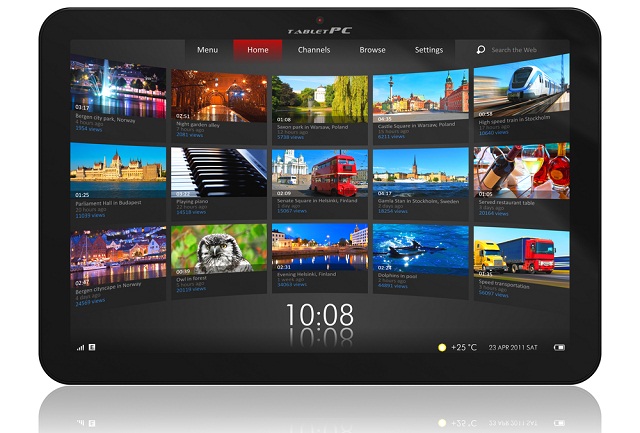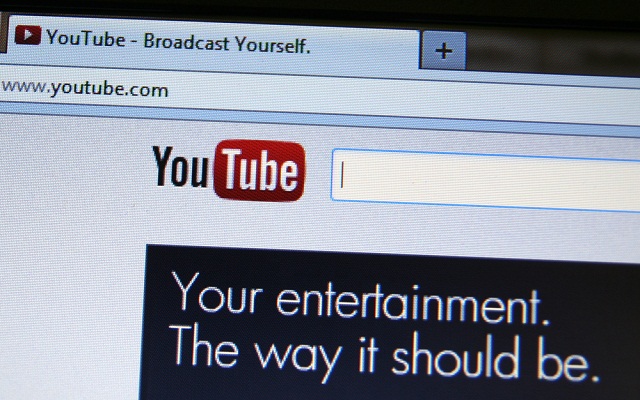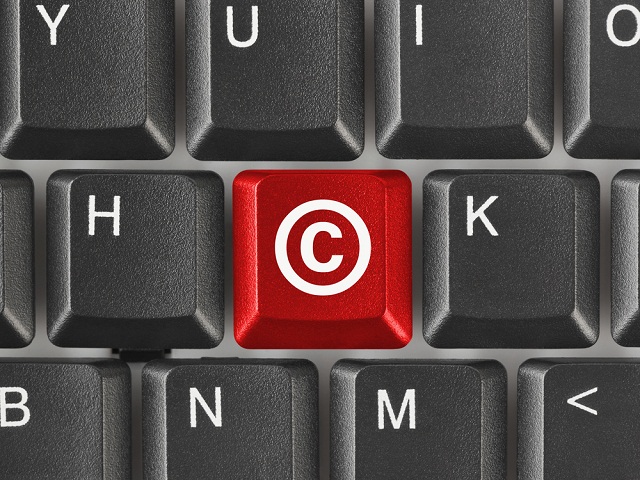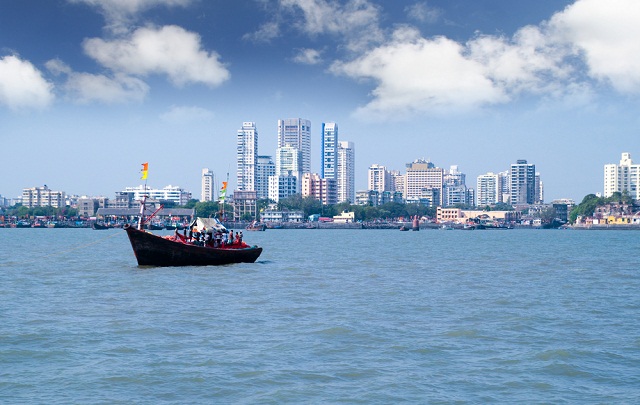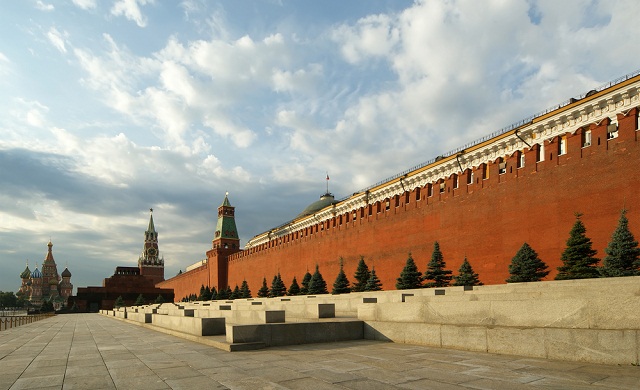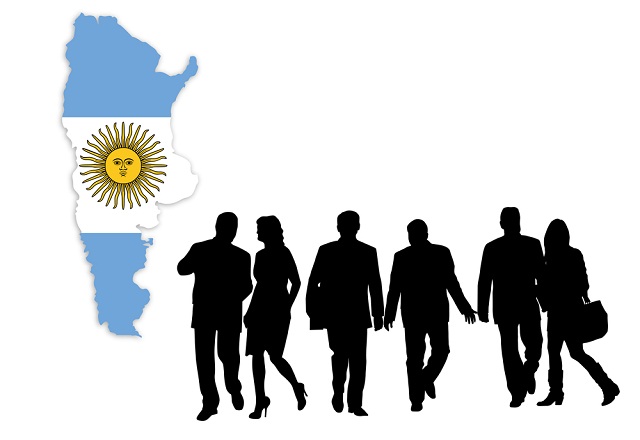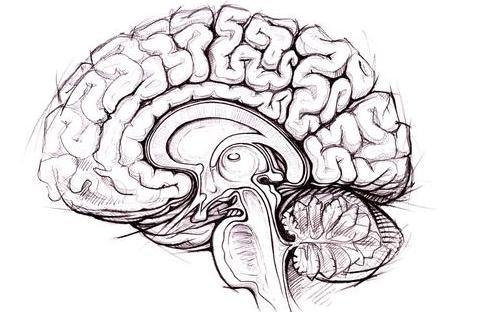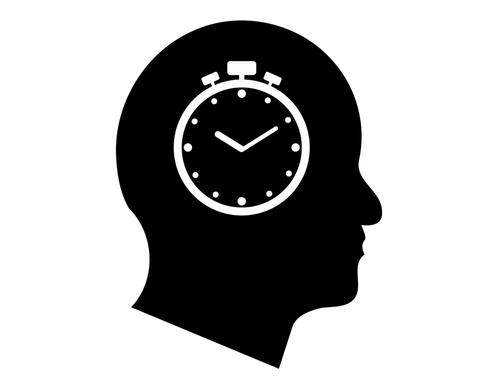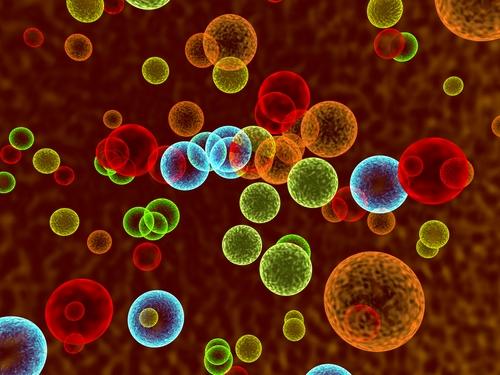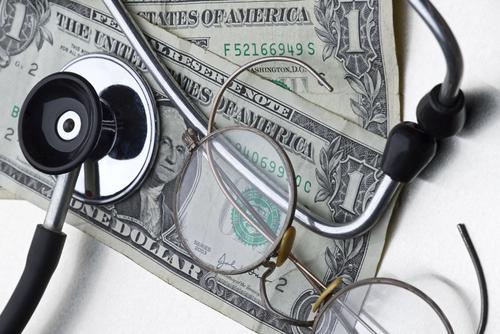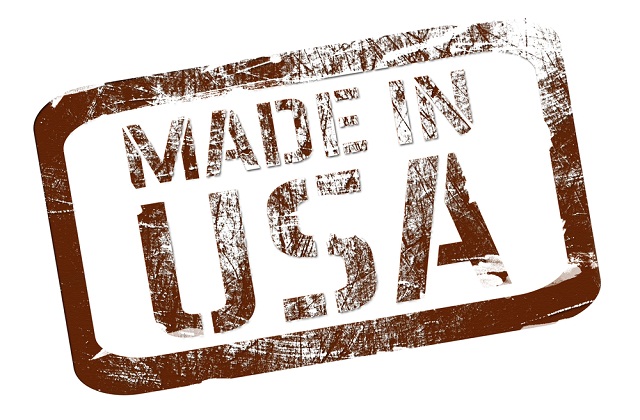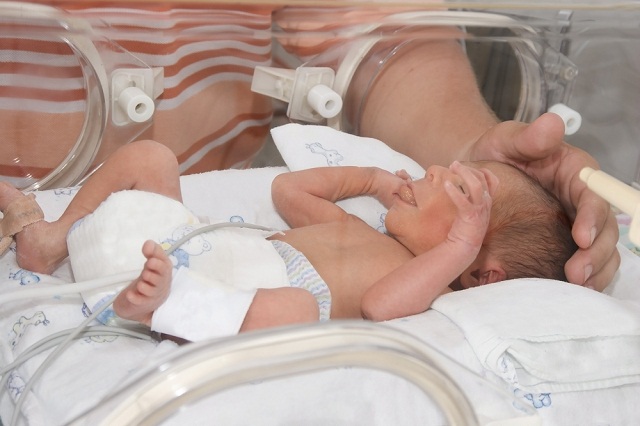Orion Jones
Managing Editor
Get smarter, faster, for success in the knowledge economy. Like us on https://t.co/6ZFWKpoKLi or visit https://t.co/d7r7dG2XOq
Millions of people depend on the water for drinking and agriculture, but experts say that the presence of natural uranium and thorium poses serious long-term health risks.
The devastation left by Hurricane Sandy has reignited a long-controversial discussion about whether to maintain artificial beaches, especially in light of global climate predictions and diminishing sand reserves.
NASA now has a site, Spot the Station, that lets you register to receive a text alert whenever the craft is passing over your location.
NowThis News, an iOS app created by two former Huffington Post executives, brings the news to mobile users in segments lasting a minute or less.
Its owner, Google, is putting more of its attention (and cash) towards Web-focused networks that can develop premium content that will hold its users for longer periods of time, thereby allowing them to generate more ad revenue.
“Browsers,” a musical comedy that was originally developed at CBS, isn’t the first series to arrive at the company, but it would be the first to move into actual production.
Blurb, which until now focused only on books, will allow Adobe InDesign users to create custom-made magazines and brochures through its digital platform starting today.
Technology created by PredictGaze uses a combination of gaze detection and gesture and facial recognition to enable completely touch-free control.
For years, highly-skilled Indians traveled to the States to build businesses, but now the flow is reversing, with young Americans creating a variety of startups on the subcontinent.
Once reserved for the super-rich, island real estate is becoming more affordable, with some selling for as little as the price of an average used car.
Finnish Lapland, home to mineral deposits that one company called “the find of the century,” is discovering both the benefits and challenges of being a raw materials hotspot.
The law is supposed to focus on sites considered harmful to children, but critics warn it could be used to block political debate.
By a vote of 131 to 2, the country’s Congress passed a law giving 16- and 17-year-olds the option to participate in elections starting next year.
Our attraction to the unpredictable rewards of inconstant love have deep biological roots in the brain. It is yet another manifestation of the balance between immediate and long-term pleasure.
Consuming politically charged information in a difficult-to-read font tends to disrupt long-held and recently formed biases, suggests new psychological research from the University of Illinois.
The mere presence of an image next to a statement makes it more likely that people will believe the statement. It’s a psychological fact that demonstrates the malleability of our beliefs.
If the pace of technological advance holds steady according to its historical rates, we will be able to upload a significant part of our identity into computers well-before century’s end.
By isolating a group of neurons that influence how the brain experiences time, researchers think it possible that an individual’s sense of time could be tweaked by altering neural signals.
In the years ahead, new techniques which seek to restore the balance of healthy bacteria in the human gut could form the foundation of a fundamentally new kind of medicine.
A European health organization has publicly castigated an American genetics company for keeping large swaths of genetic data private, perhaps delaying the advent of personalized medicine.
The power to remain healthy despite life’s pressures lies within us, suggests new research out of Penn State. People who become upset today face health consequences in the future.
When the Italian artist Salvatore Iaconesi was diagnosed with brain cancer, he felt dissatisfied with the options given to him for treatment, so he went crowdsourcing online…
American hospitals are increasingly offering competitive pricing on treatments not covered by insurance. They can often beat foreign hospitals on price and quality of care.
Samasource founder Leila Janah has started an Indiegogo campaign to fund the development of Samahope, a site described as a kind of “Kiva for surgery.”
A FinderCodes kit contains “smart tags” that, when scanned, put the finder in touch with the owner.
The number of courses have jumped over 30 percent in the last four years, indicating a growing commitment on the part of two-year schools towards encouraging a global mindset.
All other things being equal, Americans tend to choose foreign-made items of clothing because they believe they’re more affordable than identical domestic-made versions.
A new study shows that young people who regularly go to a place of worship are more likely to graduate high school and go on to college.
For infants and the elderly, the use of standard medical tape can cause scarring and irritation to the skin. A team of researchers have created a safer version.
A California team is working on an app that will store an encrypted digitized copy of your genome. As expected, the technology comes with a host of privacy concerns.



